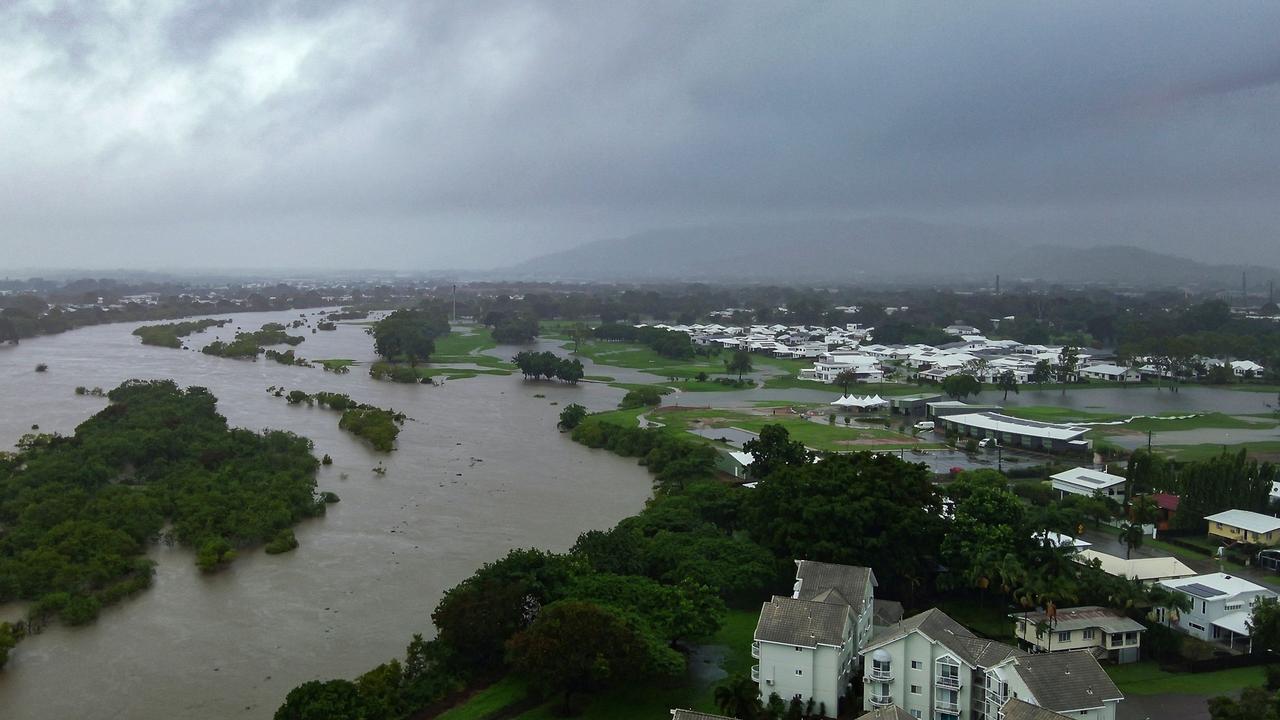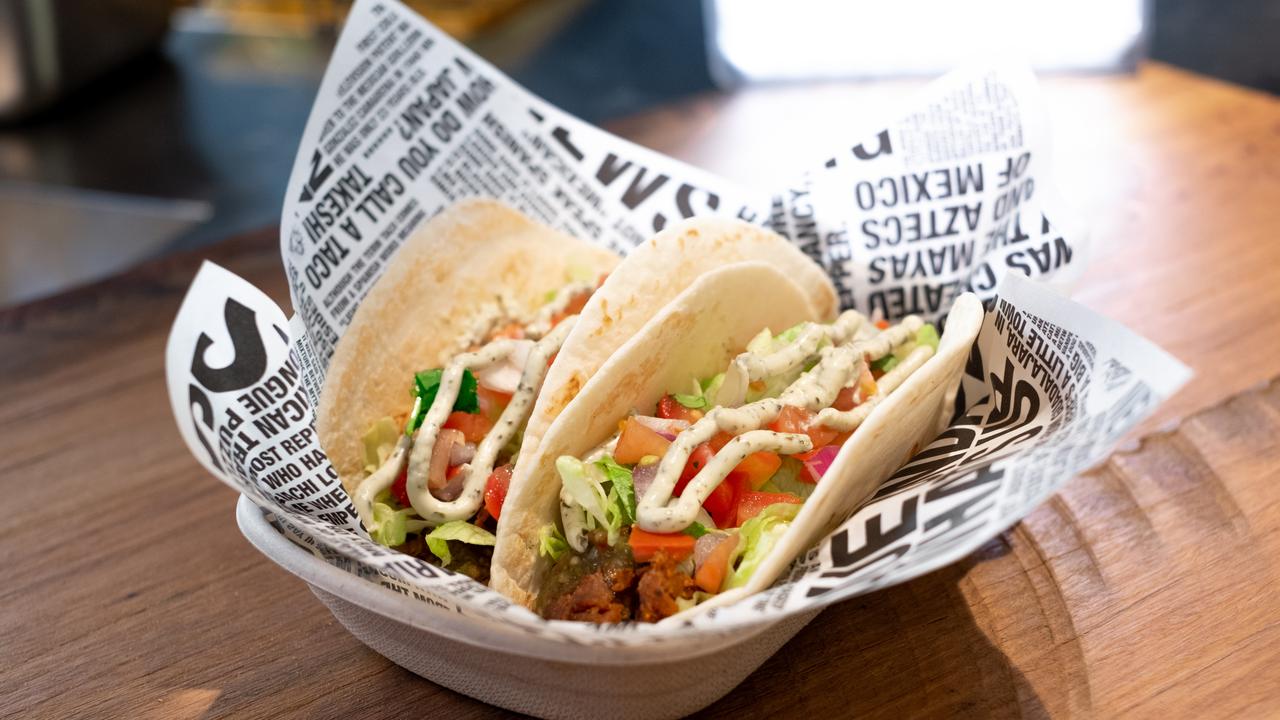Commonwealth Bank Household Spending Index jumps in August
Economic activity jumped last month, but Australia’s biggest bank warns the frothy spending could be temporary.
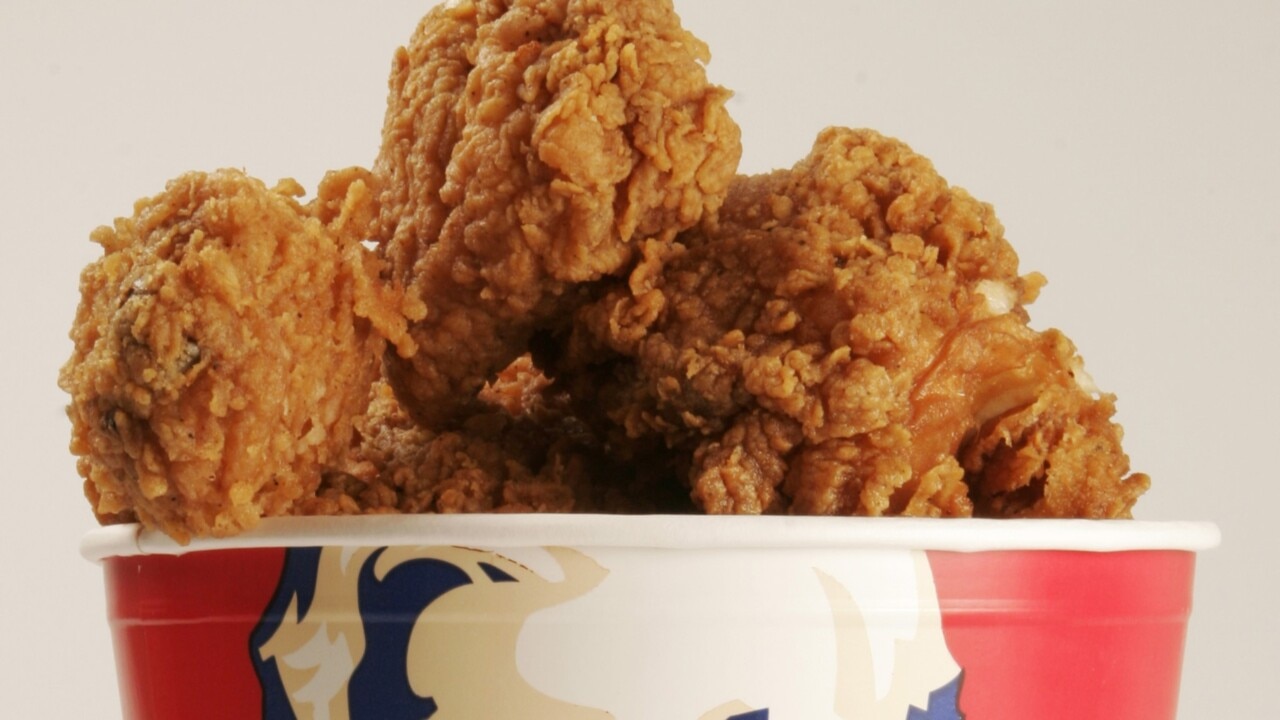
Breaking News
Don't miss out on the headlines from Breaking News. Followed categories will be added to My News.
An early Father’s Day triggered a spending splurge last month, a leading economic indicator has revealed, but the frothy economic activity could be temporary and it’s still too early to say if the government’s July tax cuts will produce a sustained uplift in spending.
The Commonwealth Bank Household Spending Insights Index jumped across August, rising 1.8 per cent to 154.3 points.
The September 1 Father’s Day is the likely cause for the splurge, Commonwealth Bank Chief Economist Stephen Halmarick said, with 10 out of 12 spending categories all lifting.
“An early Father’s Day boosted spending in August as consumers appear to have lifted spend on household goods, while hospitality venues also saw people open their wallets during the month,” he said.
“The last time Father’s Day fell so early in the year spending retreated in September, which is worth keeping in mind as the annual spending rate still suggests a relatively weak consumer.”
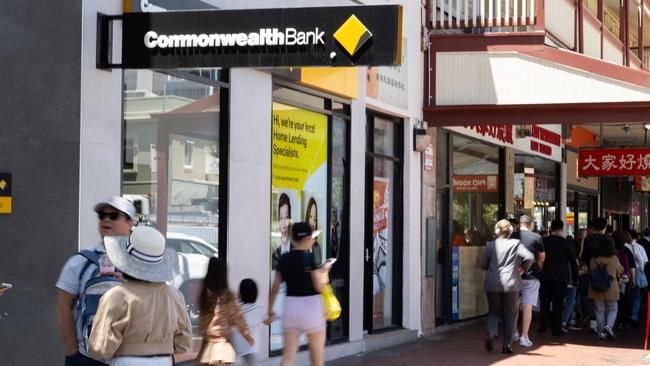
Hospitality spending rose 5.2 per cent month-on-month while households good lifted 4.4 per cent, the report states.
Food and beverages rose 1.2 per cent, motor vehicles climbed 1.4 per cent and recreation lifted 0.7 per cent.
The biggest spending falls in the month were on utilities, which booked a 0.3 per cent fall and transport, which recorded a 0.3 per cent dip, which the bank credits to government rebates on electricity and lower petrol prices.
Last month’s jump follows a 0.2 per cent lift in July, but spending remains sluggish over the year to August, rising 3.7 per cent.
Commonwealth Bank Senior Economist Belinda Allen also said it was too early to assess the impact of the federal government’s July income tax cuts on household spending.
“It’s still probably too early to tell,” she told NewsWire on Thursday.
“July was close to flat on our data.
“We’re really going to need to see next month’s data to check.”
The last time Father’s Day fell on September 1 was in 2019 and in that year, the bank recorded a 1.4 per cent lift in August and then a 1.2 per cent fall in September.
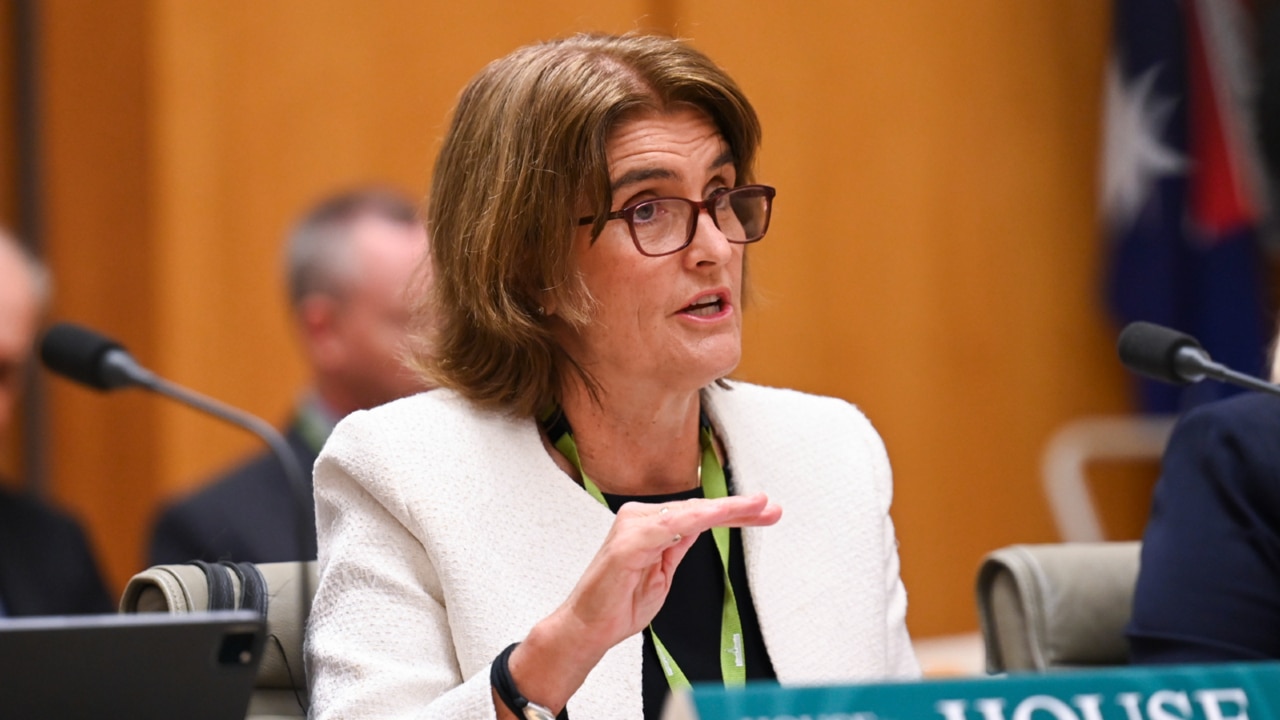
“So it was pretty much flat over that two month period,” Ms Allen said.
Consumer spending makes up about 50 per cent of the Australian economy and CBA’s index is a closely watched economic indicator.
The data is drawn from de-identified payments from the bank’s seven-million customer base, accounting for about 30 per cent of Australian consumer transactions.
The banking giant maintains its forecast for an interest rate from the Reserve Bank of Australia later this year.
“We remain of the view that softer economic data, a further deceleration in inflation and the easing of monetary policy in many other major central banks will see the RBA begin to cut interest rates later in 2024, although the risk sits with a start date in early 2025,” the report states.
The RBA has hiked rates 13 times from 0.1 per cent in May 2022 to 4.35 per cent in November 2023 to tame inflation.
Originally published as Commonwealth Bank Household Spending Index jumps in August


